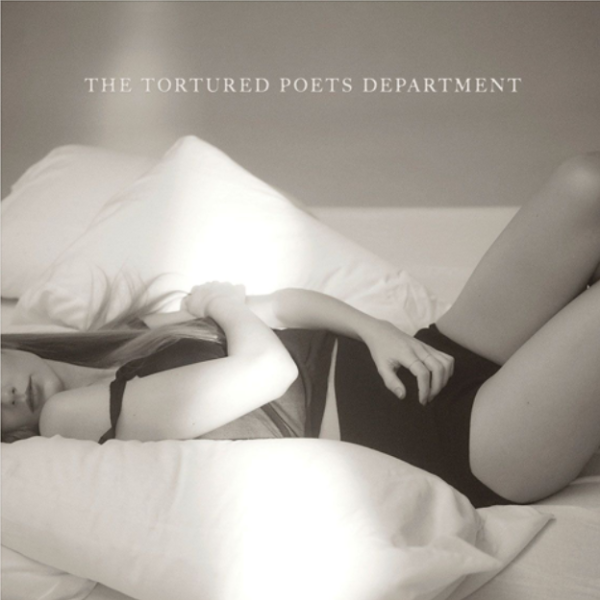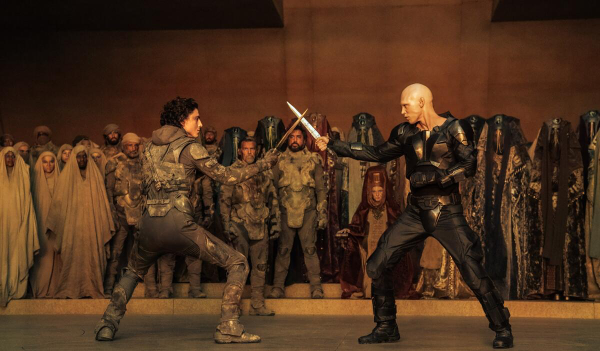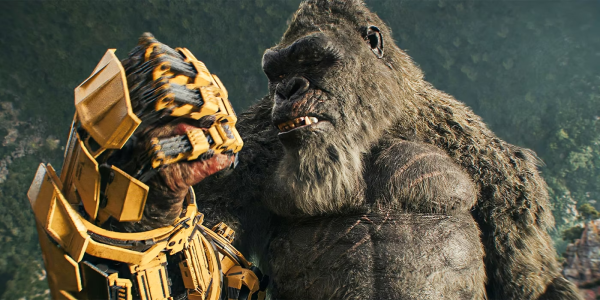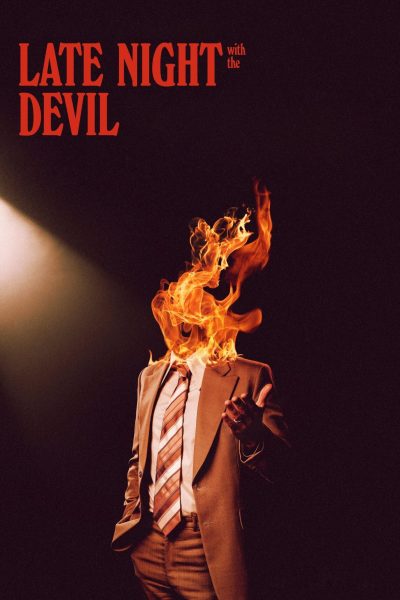“Detective Pikachu” is super effective!
I’ve been a Pokémon fan since I watched “Pokémon 3: The Movie” at a birthday party when I was in kindergarten. Instead of being fascinated by sticky blue icing and squeaky balloons, I was enraptured by a colorful television screen as my friend explained what Charizard was doing with Entei. It seemed like gibberish at the time, but was the foundation of my childhood. I pored over the trading cards, then the anime and, finally, the video games. I immersed myself in the world of Pokémon without a second thought.
Fast forward to 2016, when the phone app Pokémon Go was launched. The game united today’s kids with the older generations by playing up nostalgia and utilizing an accessible platform. And with this same model, the film “Detective Pikachu” was born. This year, the Pokémon world has its first live action film. Many fans, including myself, were concerned about the “video game movie curse,” or the notion that movie adaptations of video games are predisposed to be awful.
“Detective Pikachu” reverses this curse.
The film is about the partnership between 21-year-old Tim Goodman (Justice Smith) and Pikachu (Ryan Reynolds), who investigate the disappearance of Tim’s father, Harry Goodman. Tim is very clearly uncomfortable with Pokémon and wants to return to his normal life as quickly as possible. This contrasts heavily to all previous material in the Pokémon world, which emphasizes the bonds that people can build when they train their Pokémon to battle. For a movie in an established universe, it is refreshing to see a different pathway for the main character.
“Detective Pikachu” does a fantastic job of building the world of Pokémon as believable as our own. The creatures resemble animals we are familiar with, possessing highly detailed feathers, fur and scales, but are cartoonish enough to connect to the monsters we know from the series. The animation is striking and connects us immediately to the world they live in. It adds a layer of texture aesthetically and enhances the truth of the story. The setting also pays homage to cyberpunk sci-fi films, utilizing futuristic neon lighting like “Blade Runner.” As Tim Goodman, Smith portrays the confusion and independence of people in their early 20s, unlike the anime that focuses on a 10year old. From the first 15 minutes, it’s already clear that the directors took a more mature angle for the film.
Then, a wild creative decision appears: Reynolds as Pikachu. Reynolds is a bold choice for a PG-rated movie, but he creates a bridge between the young kids and the older fans of Pokémon. There’s a natural charisma that Reynolds showcases in his roles, and Pikachu is no exception. His adaptation of a caffeine-addicted, witty Pikachu sets the tone for “Detective Pikachu” to be more than just a kids’ movie. Reynolds has a lot of fun with the edgier script, which is heavier on clever adult jokes and lighter on the slapstick. It’s a clear progression from movies solely meant for kids.
While I won’t spoil any of the plot, I will say that it was an entertaining journey. I was constantly anticipating what parts of the world they would show, which characters they would introduce and the way they would resolve the questions proposed in the movie. It combines mystery, adventure and fantasy to create an interesting and engaging story. The characters have enough depth to stand on their own and do not depend on the world to make them interesting. It provides new lore for those who are already familiar with the Pokémon world as well. I feel like I could watch it and find something new every time due to the attention to detail from the animators and writers.
For this new generation, “Detective Pikachu” is their “Pokémon 3,” built with an engaging story and eye-catching animation. It immerses people into the Pokémon world in a way never seen on the big screen. Children are certainly going to be asking about the newest games while their parents search for their own Gameboys.
Your donation will support the student journalists of Saint Louis University. Your contribution will help us cover our annual website hosting costs.


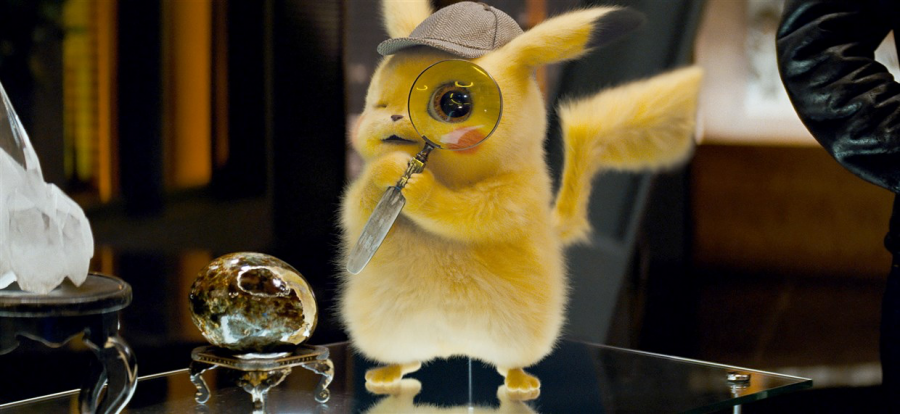
![The Teskey Brothers [Crew] gather together for a curtain call in front of a raucous St. Louis crowd after a two-song encore. (Photo courtesy of Vertrell Yates / @trellseyephotography)](https://unewsonline.com/wp-content/uploads/2024/05/Screenshot-2024-05-21-232057-600x370.png)




